For many DIY enthusiasts, their biggest dream is to have their own fully-equipped DIY workshop. Read on and find out how and where to set up your own workshop, letting your DIY dreams come true. We also have some tips about which tools to buy.
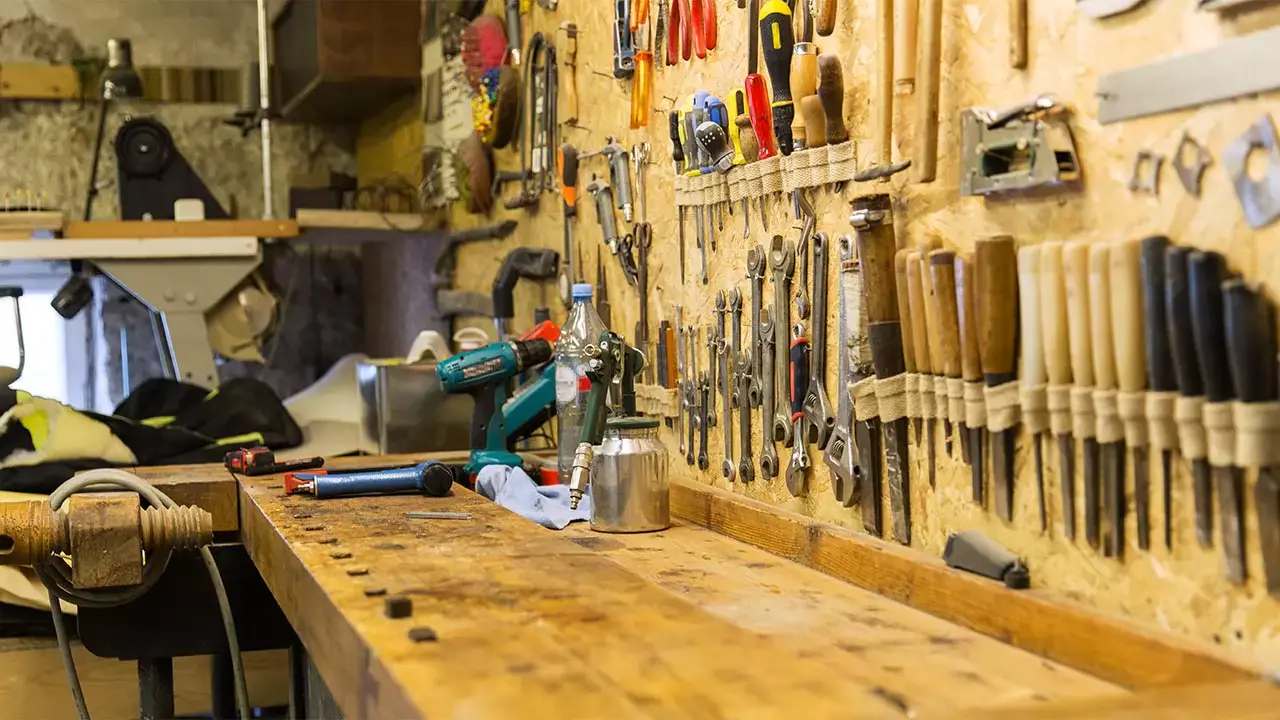
For many DIY enthusiasts, their biggest dream is to have their own fully-equipped DIY workshop. Read on and find out how and where to set up your own workshop, letting your DIY dreams come true. We also have some tips about which tools to buy.
Where to set up your own DIY workshop
The first thing you need to consider regarding setting up your own workshop, is where should it be. In order to pursue this hobby you will need separate space. Owners of houses are in a better position due to the number of options to choose from, such as a garage, cellar, attic or garden shed.
But what if your options are limited? In a small apartment in a block of flats this can pose quite a challenge, but that does not mean it is not possible! When planning and then purchasing the necessary tools, you should consider how to organise everything and keep it in order. Practical solutions, such as folding and retractable table tops, workshop organisers, hooks or wall hangers will come in handy. After finishing any work, it is enough to put them away or fold them, which will then free up a lot space in the room. Always remember that the workspace must be well lit (preferably natural light), appropriately ventilated and with access to electricity. These factors are important not only with safety in mind, but also your comfort and that of other household members.
The requirements of such a workshop will differ depending on the individual expectations of each DIY enthusiast. For example, a beginner in electronic repairs will not need large devices placed on special stands, but will need good access to electrical sockets. They will also needs a power adapter, soldering station, LCD separator etc., which are relatively small devices. If you are interested in woodworking you will have different expectations. An amateur carpenter needs numerous saws for cutting wood, lathes, grinders, as well as a set of grinding accessories. These types of power tools take up more space, but are generally stable, which additionally protects the user during work. One brand that focuses on safe and proven solutions in the field of power tools and hand-held equipment is MSW – a popular manufacturer of attractively-priced workshop equipment.
How to set up a DIY workshop?
Once you’ve decided where to set it up, it’s time to think about how you want to go about it. Comfort and practicality are the basic requirements of every workplace, therefore your home DIY workshop should be the same. You can draw up a layout plan and add new ideas to it, such as artificial lighting and how to organise all the necessary tools. The more effort you put into analysing your needs and possibilities, the smaller the risk of buying the wrong equipment or poor layout organisation. So functionality should be the priority!
The bare basics of any DIY workshop are a table and a chair. It may sound like a cliché, but this is of great importance for your comfort and even health. The table, countertop or even desk is the place where you will do most of the work, sometimes lasting up to several hours at a time. That is why its height (adjusted to the height of the user) and size are so important. The table top should be big enough for everything you are using at a given moment. You also need a comfortable chair to sit on. This will reduce the risk of developing back pain.
DIY workshop equipment
A comfortable table a chair are most important, but they are not the only items on your equipment list. You need to consider what other furniture you will need. Remember that too much furniture will make it cramped, so at the beginning only buy what you really need. After some time you will be able to add vital items to the list based on practical needs.
So what is most important? If you have a lot of space (e.g. a separate room or a garage), a tool trolley will certainly come in handy. It has useful shelves or drawers and can be moved freely thanks to being on wheels. This way you can have all the most important tools by your side all the time. You can even buy ready-equipped trolleys in some shops.
A tool board will work regardless of the amount of space. It saves a lot of space as it is hung on the wall. Depending on their size, various models have more or less storage capacity, but are always good for hanging up entire sets of spanners, screwdrivers, drift pins, hammers, etc. They usually have practical hooks, as well as plastic storage boxes, e.g. for nails, screws and other small bits and pieces.
If you will be using larger and heavier tools, it would be good to have some workshop shelves. Not only do they have a high load capacity (depending on the number of shelves, even several hundred kilogrammes), but also can be very spacious. They will let you store both handy, everyday items, as well as those less often used. For example, a tool storage bin brings order to your workshop so that every move is perfect. Multiple boxes and holders of different sizes are available for small screws, nuts, or dowels, but frequently-used small tools also find their place in the tool storage bins!
In the case of workshop furniture, they should be well made. It is best to invest in a table, countertops and shelves that will last for many years. This way you will not risk damaging them e.g. when putting down heavy items. Depending on the type of tools and materials you plan to use, you can choose wooden furniture or with more durable, metal structures.
Choosing tools for your home workshop
Regardless of whether you are an avid DIY enthusiast or only do minor repairs at home from time to time, there are a few essential tools and measuring instruments. These include:
- a hammer
- pliers
- morse pliers
- screwdrivers (flat-headed and Philips)
- spanners (flat, combination, French key, pipe wrench)
- a set of Allen keys
- a utility knife with a straight blade
- a plumber’s snake
- an electric tester
- a tape measure
- a spirit level
- accessories: mounting pins, sandpaper, insulating tape.
Such a basic set of tools will fit perfectly in a toolbox, which you can keep in a wardrobe or other storage space. However, if DIY is your passion, then you will need to equip yourself with a number of power tools that will allow you to do various jobs on your own. Below is an overview of the most practical and universal equipment for every DIY enthusiast.
- A drill – indispensable for making equally sized holes in wood, concrete and plastic. It can be used to assembly furniture, sanitary equipment, curtain rails, etc. For hard materials a hammer drill will be better. In addition to drill bits, you can also use other practical accessories, such as wire brushes and paint stirrers.
- A driver drill – apart from drilling, it also enables screw driving. It works perfectly when you are dealing with a large number of screws and is much faster and more convenient than working with a manual screwdriver.
- A grinder – necessary for levelling and smoothing various types of surfaces. The most popular types available are the angular grinder (e.g. for cutting tiles, removing rust), oscillator (for removing old paint), and strip grinder (for processing pipes and railings). If the above tasks are going to be a regular necessity in your home workshop, then you could choose a bench grinder, which will give you a lot of additional possibilities.
- A circular saw – makes even cutting of wood much easier. Jigsaws are also highly valued for cutting various types of material, as they combine precision with manoeuvrability.
- A polisher – effectively polishes various materials and is suitable for shining metal surfaces as well as car paint. Polishers are usually light and ergonomic.
- A soldering station – indispensable when doing repairs not only in electronics, but also construction works with metal elements. You can also use one to bond roof and gutter elements.
- A toolbox – whether in the workshop, on the job site, or in your hobby room, a toolbox safely stores all your tools and keeps them within easy reach for you. The toolbox is therefore the smart solution for transporting and safely storing your tools even in harsh environments.
Everything you need to know about a home workshop
Setting up a DIY workshop needs to be well thought out. The three basic issues you will need to decide on are the location, furniture and equipment. If you already have separate space (a garage, cellar, separate room or part of a room), then it’s time to get down to designing the layout. The range of products in DIY stores is huge. Therefore, be sure to carefully consider what you really need. Furniture that looks impressive will not necessarily be functional. Once you have chosen the necessary table, shelves, trolleys and organisers, it is time to prepare a list of tools. The exact list of what you need really depends on your expectations and personal needs. You know best what tools you will use the most often and what kind of work you will be doing. Do you plan to renovate furniture, process metal or repair electrical equipment? Choose the right tools for these jobs. Once your workshop is ready, it’s time to get down to work! And if in time you feel that there are still things you need, or aspects you could improve, don’t worry! You will have gained valuable practical experience and be able to make necessary modifications and improvements.
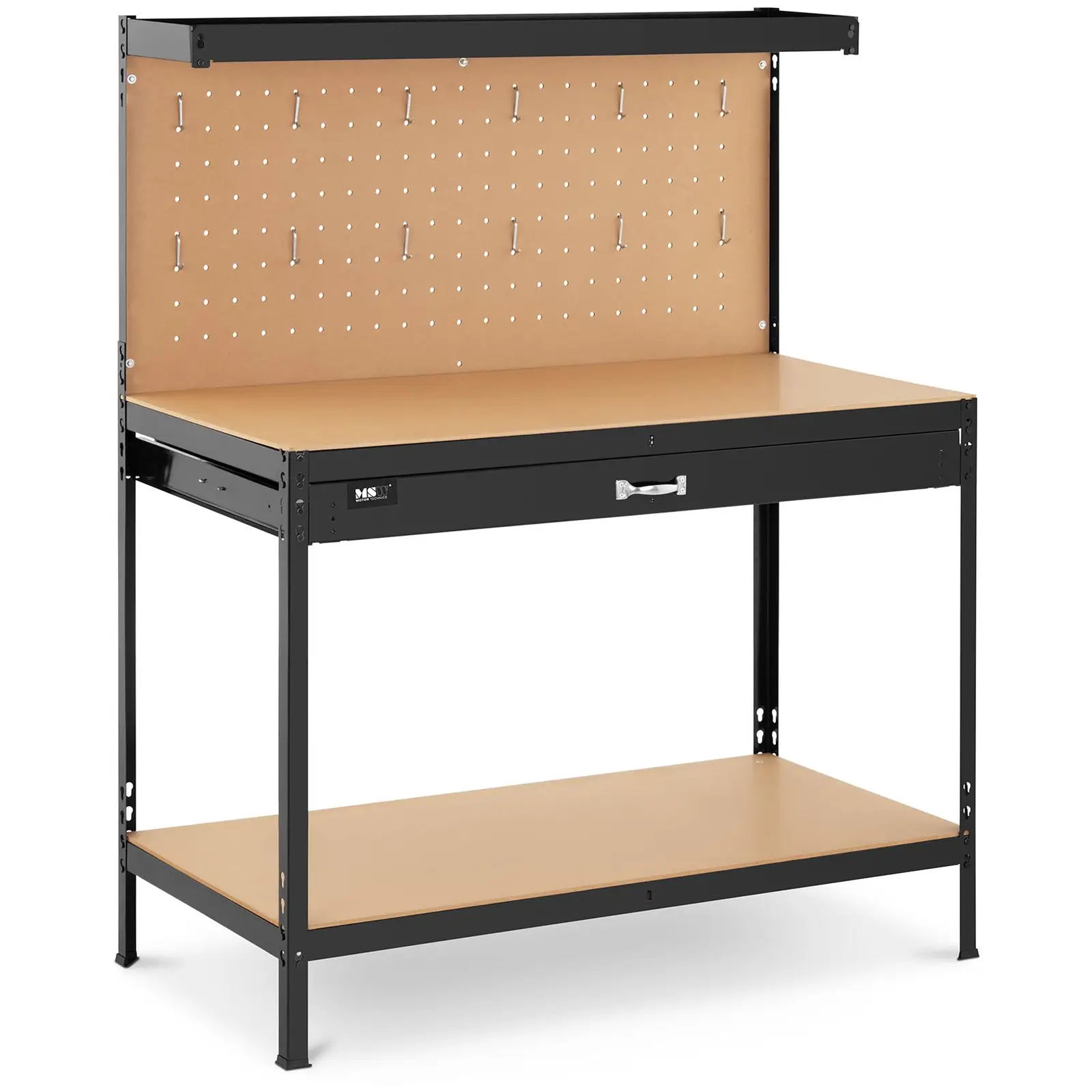
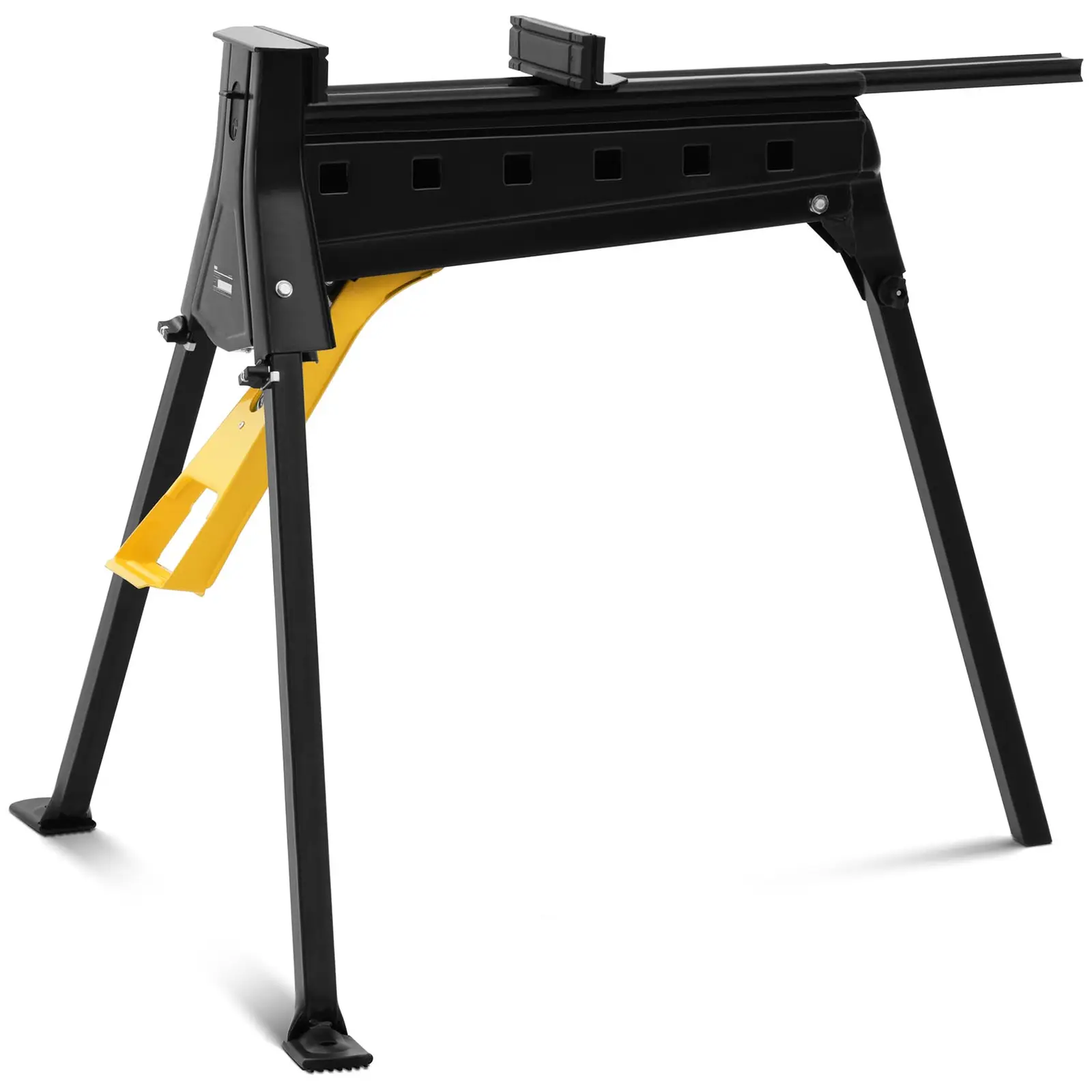
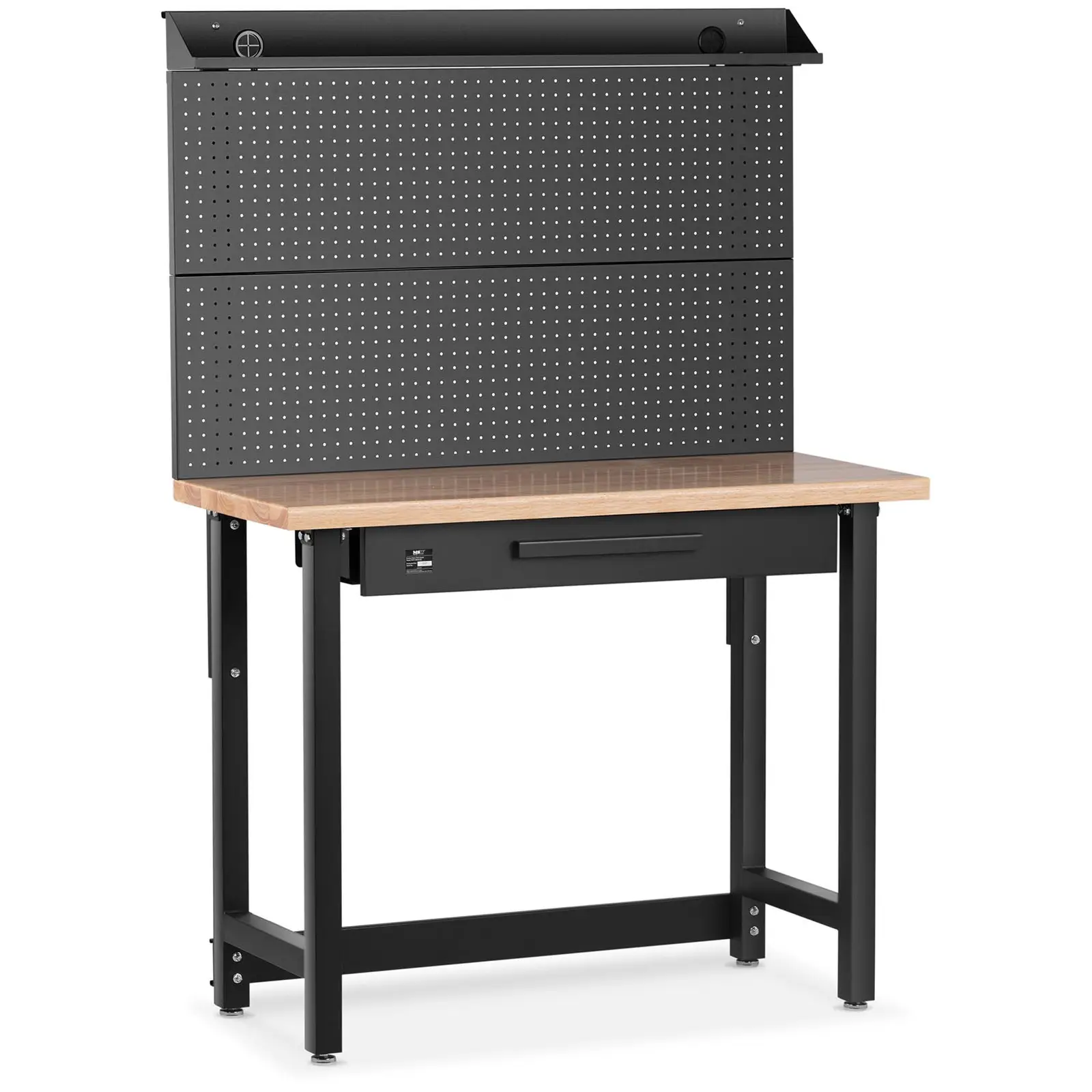
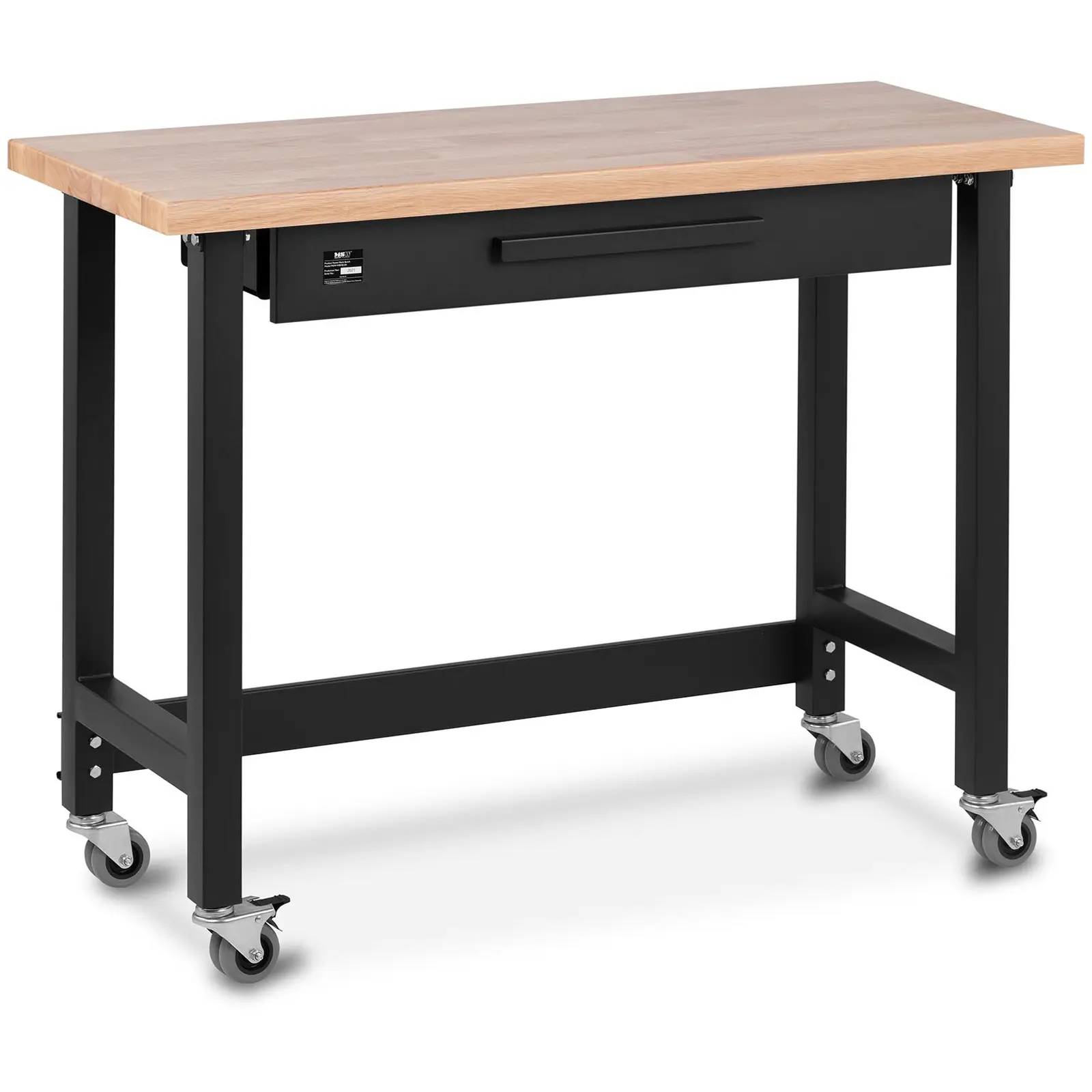

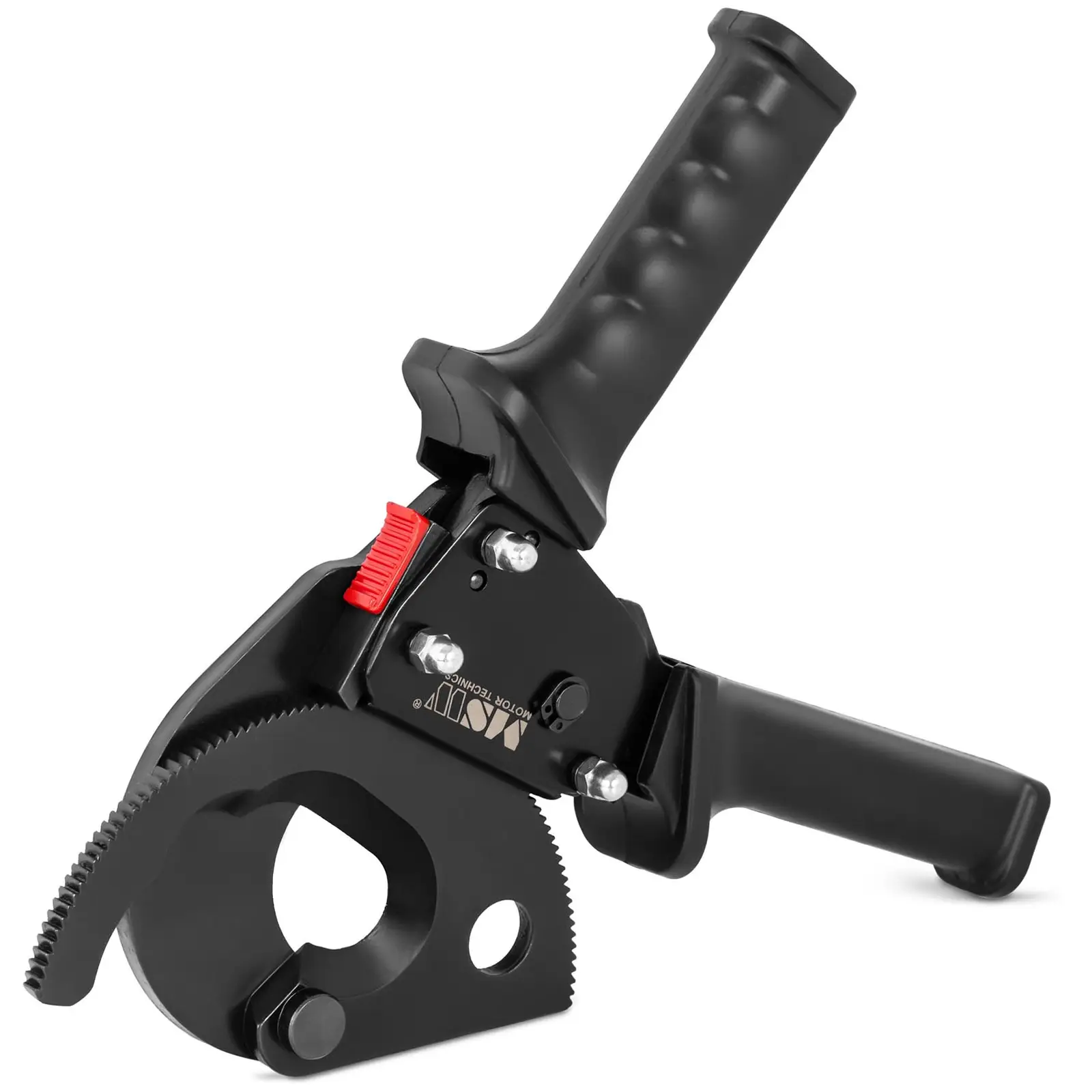
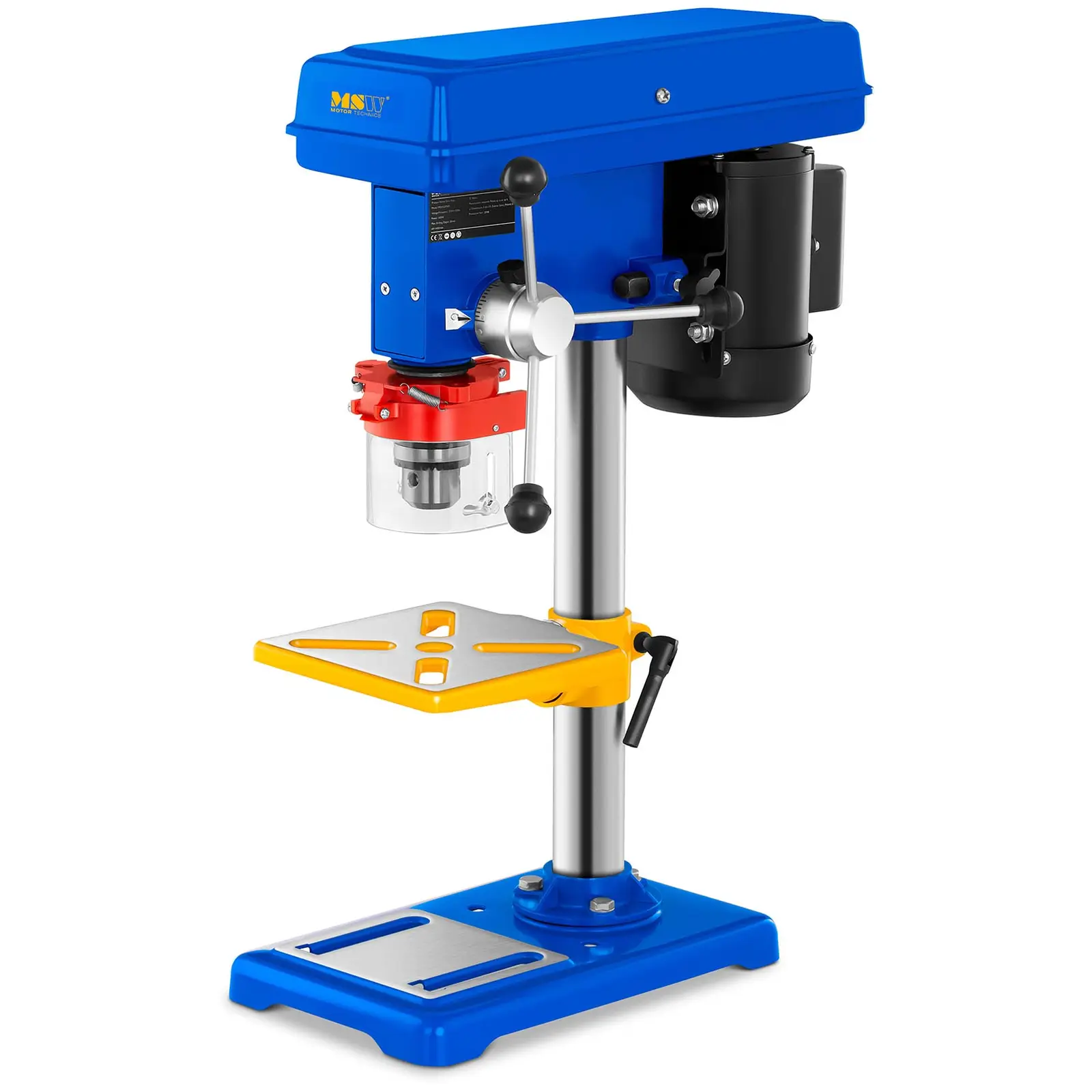
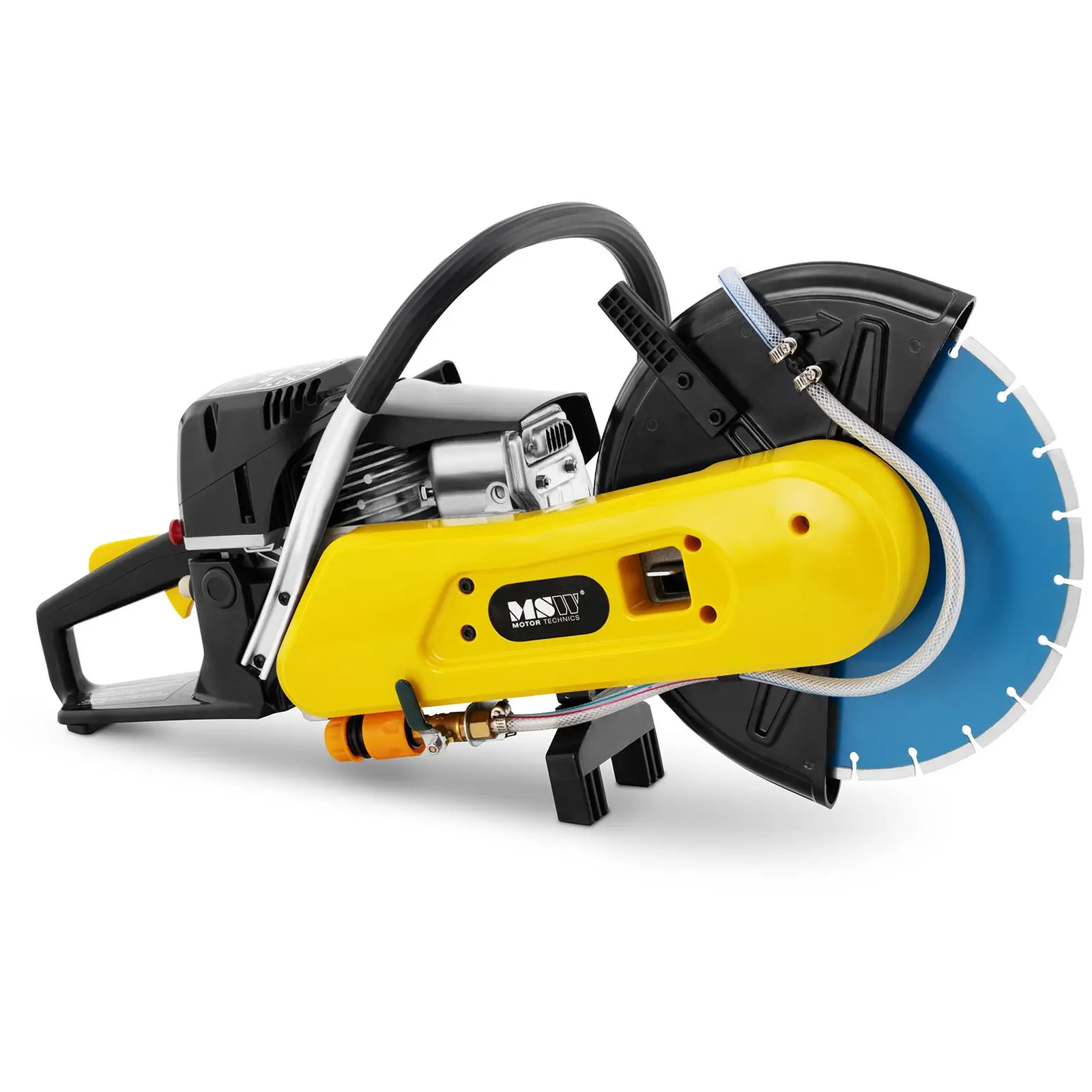
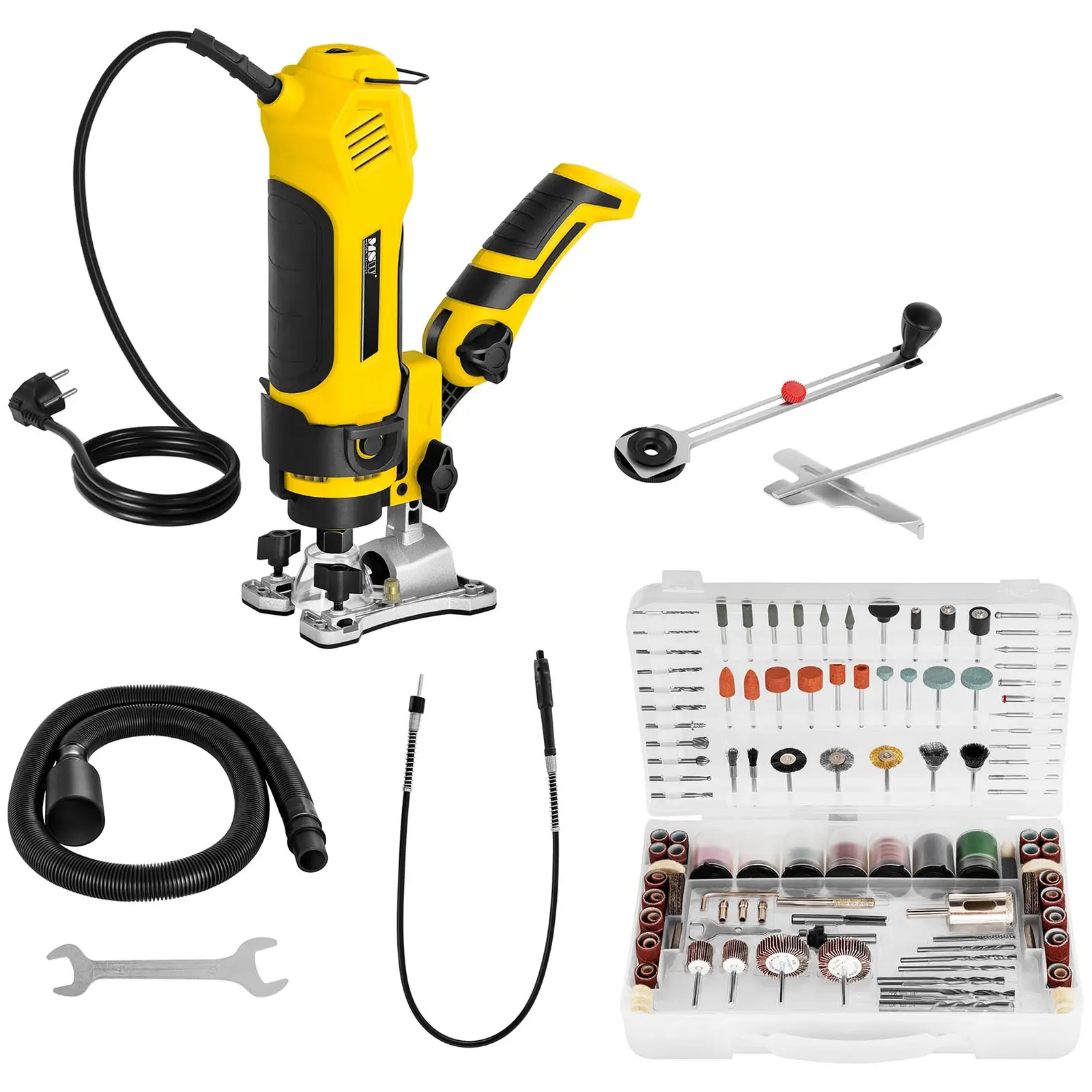
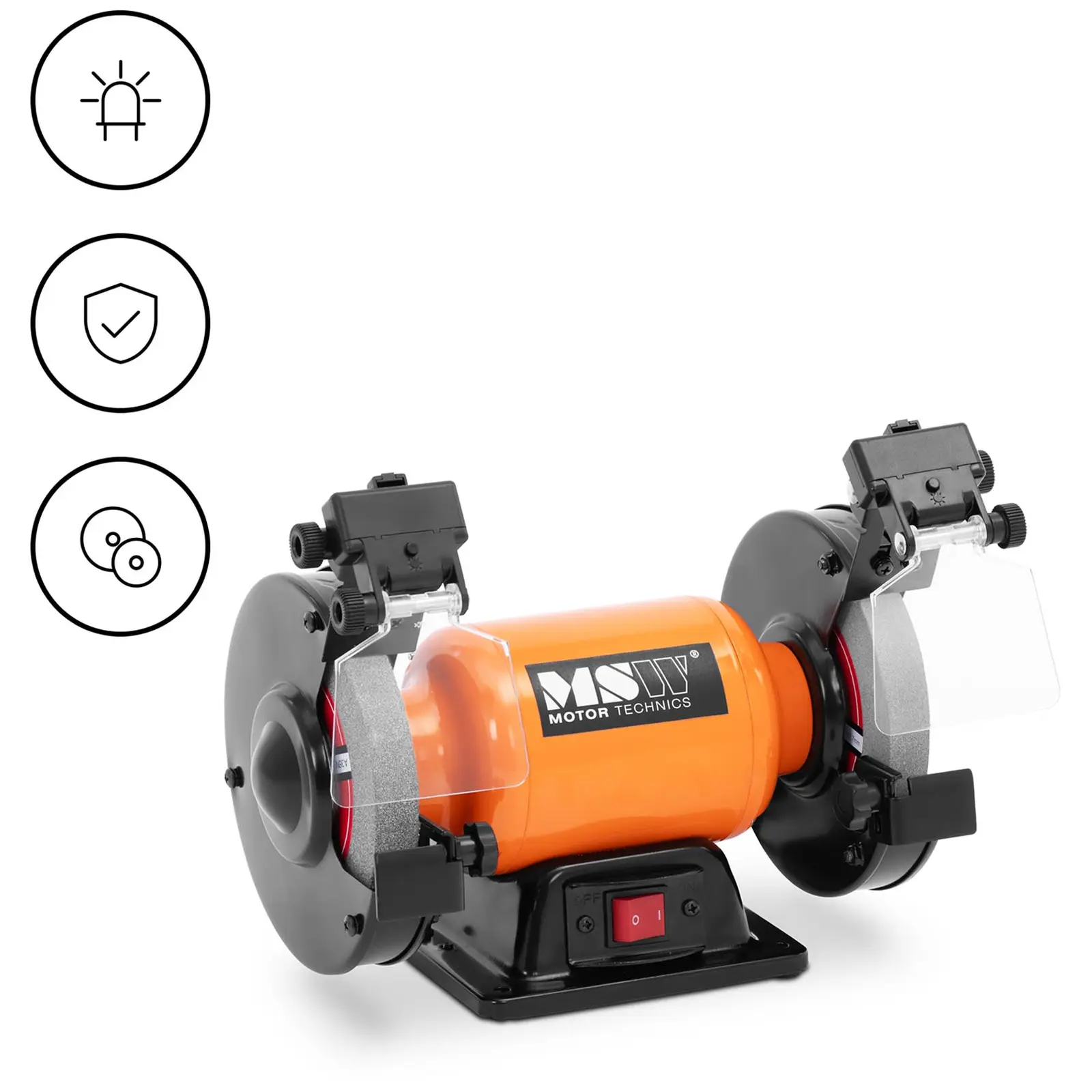
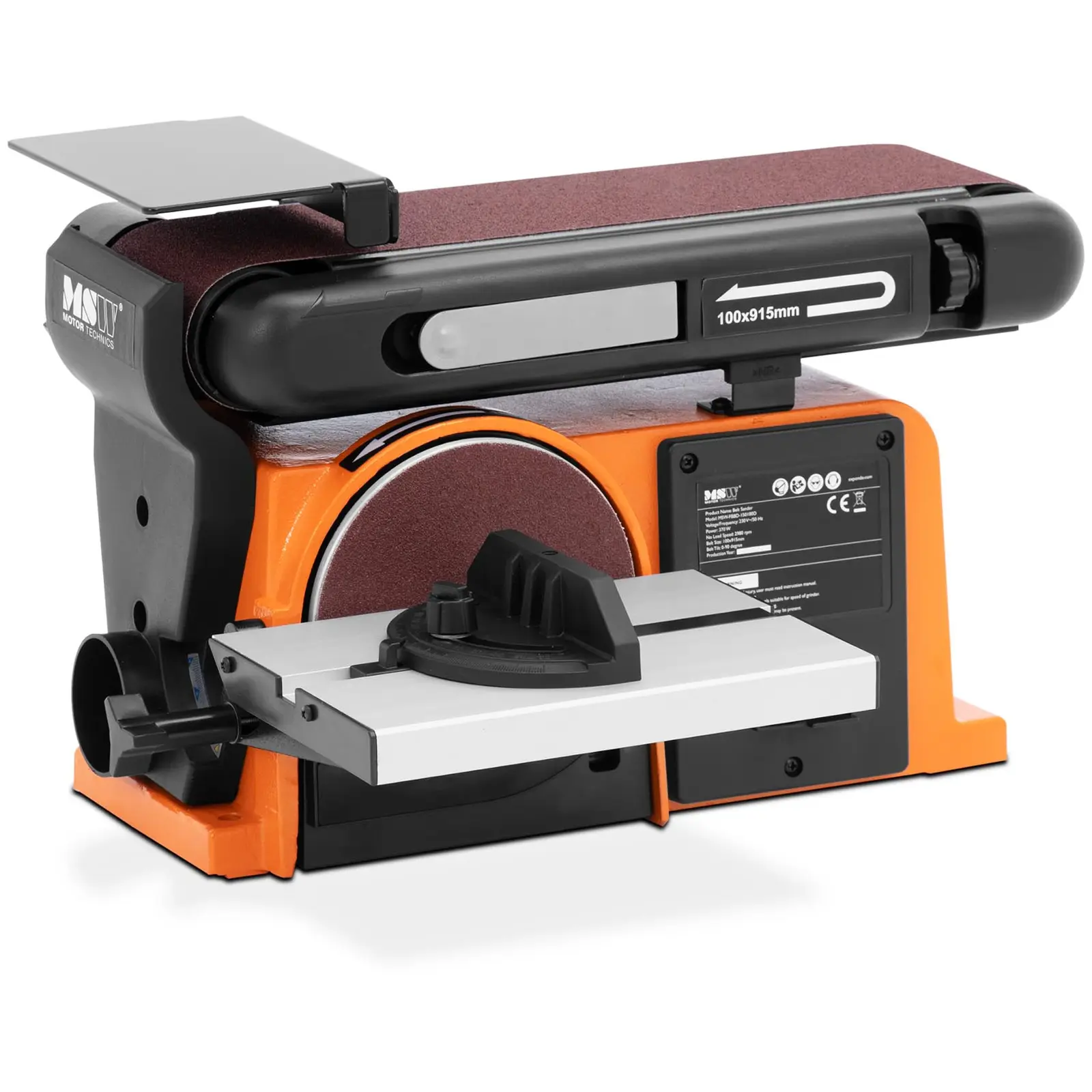
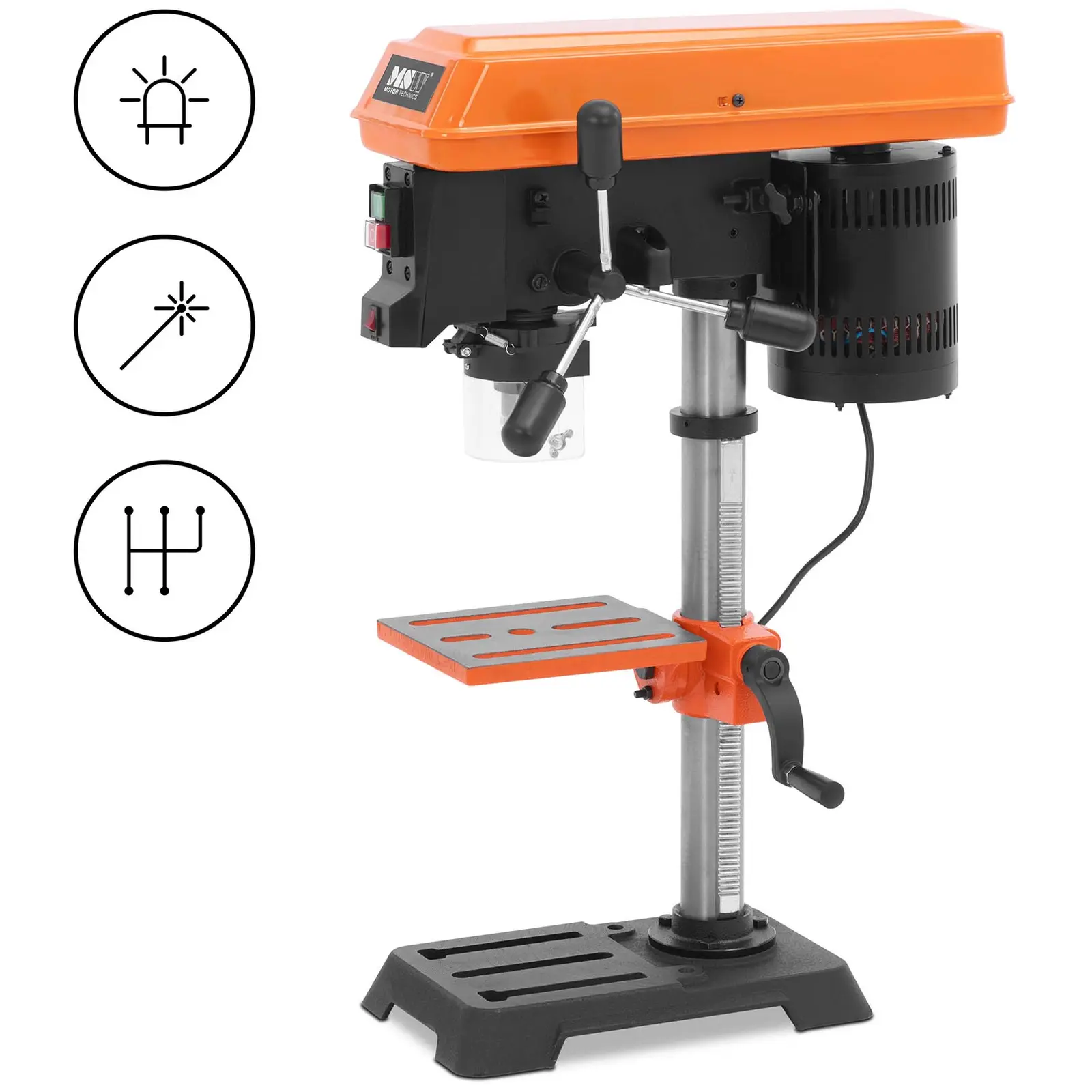
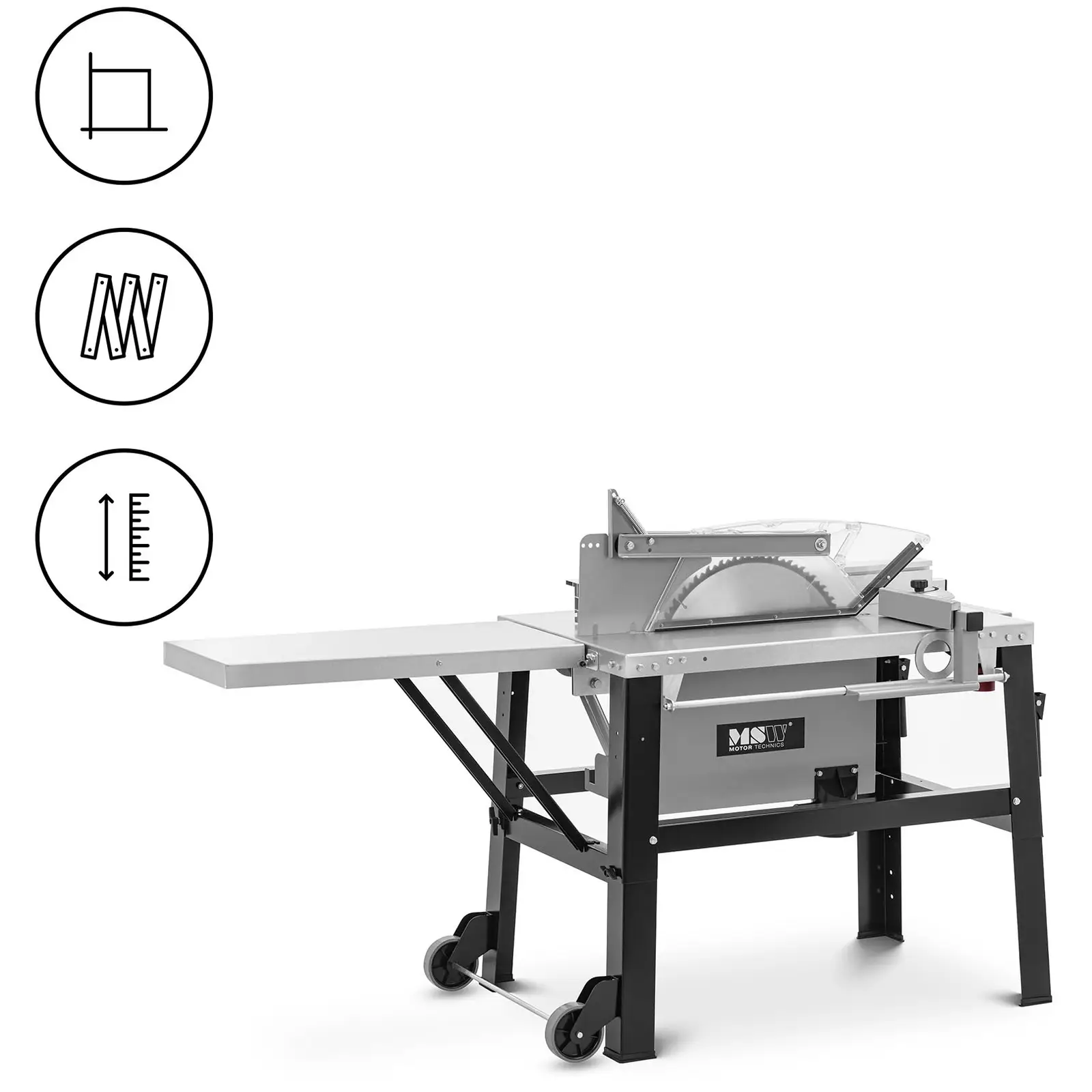
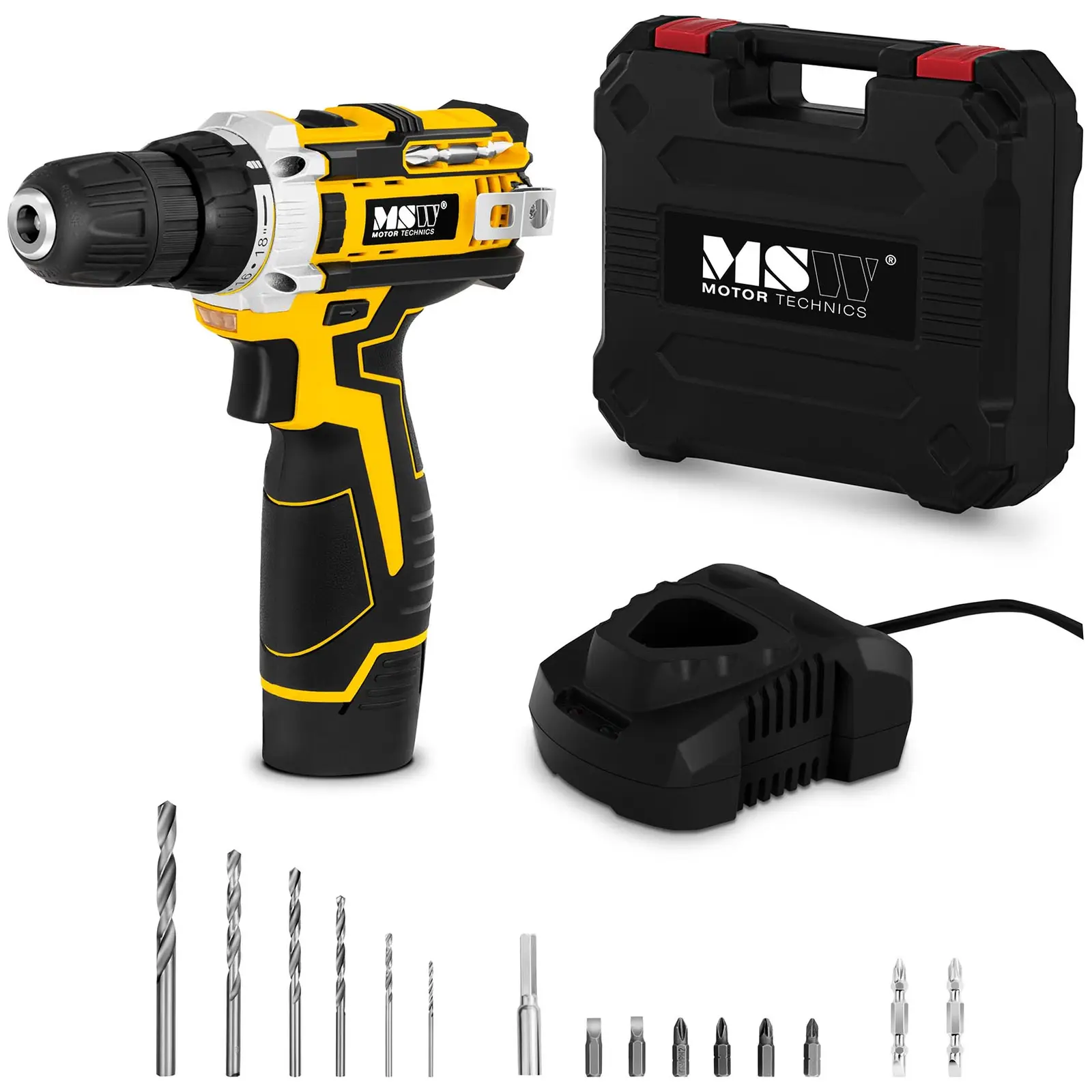
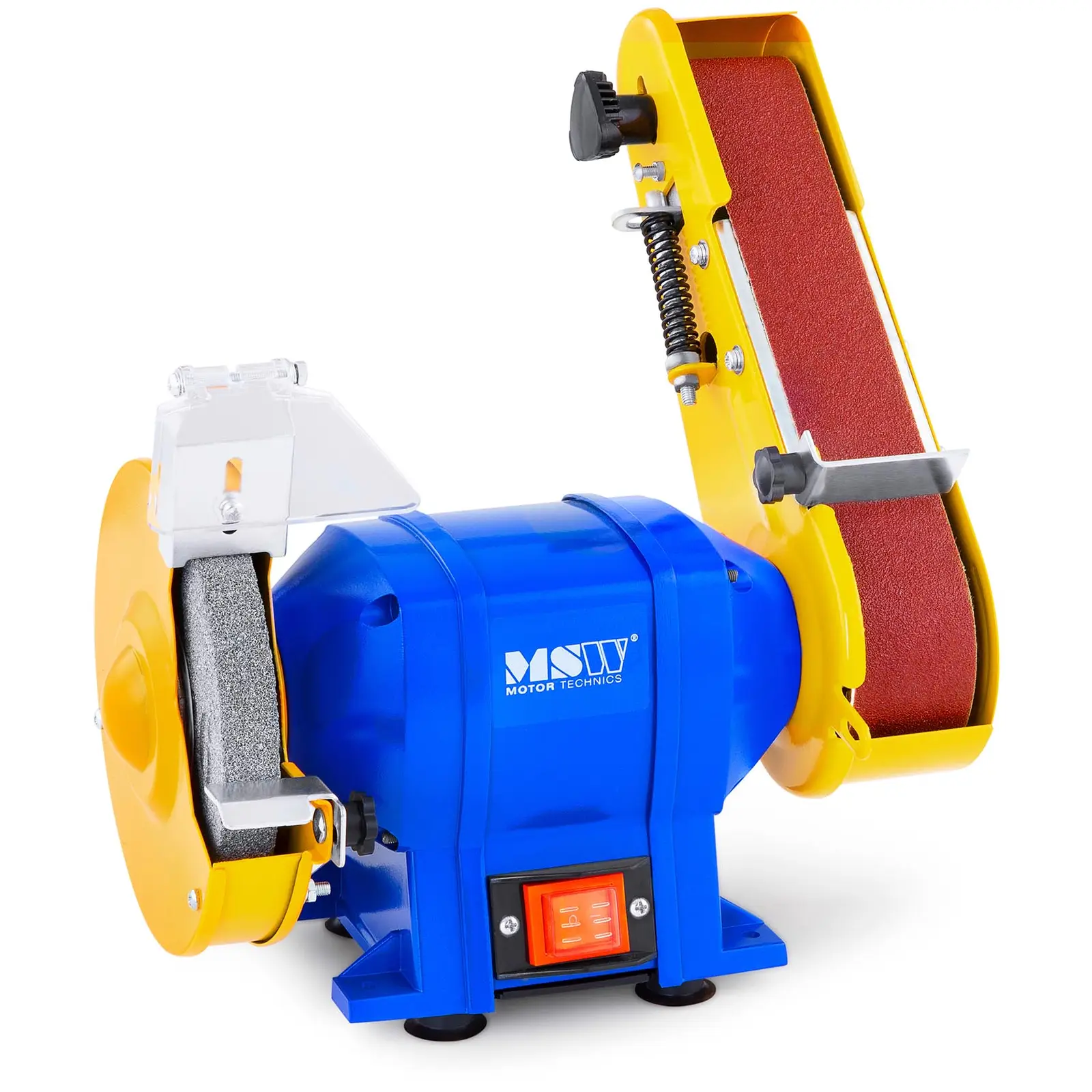
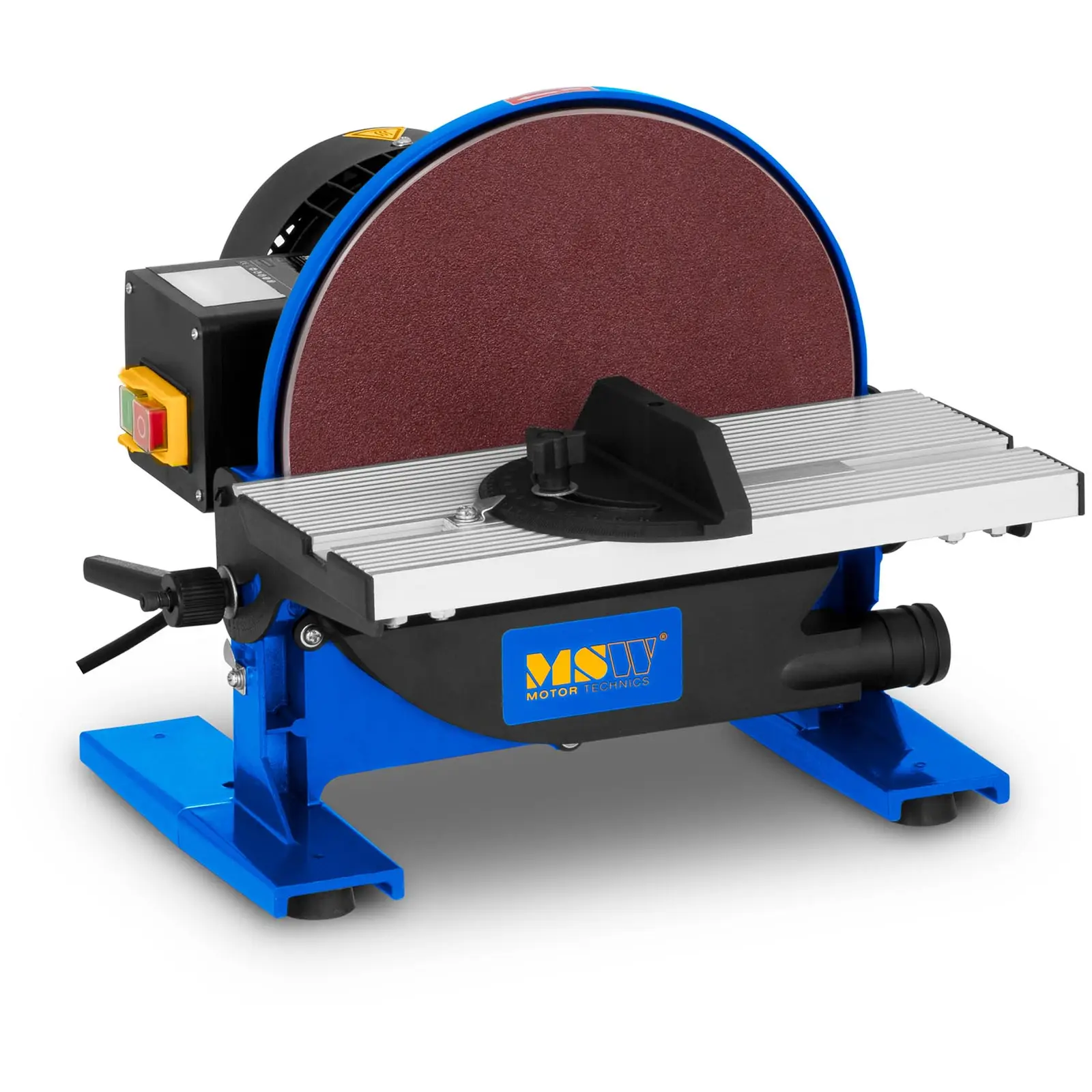
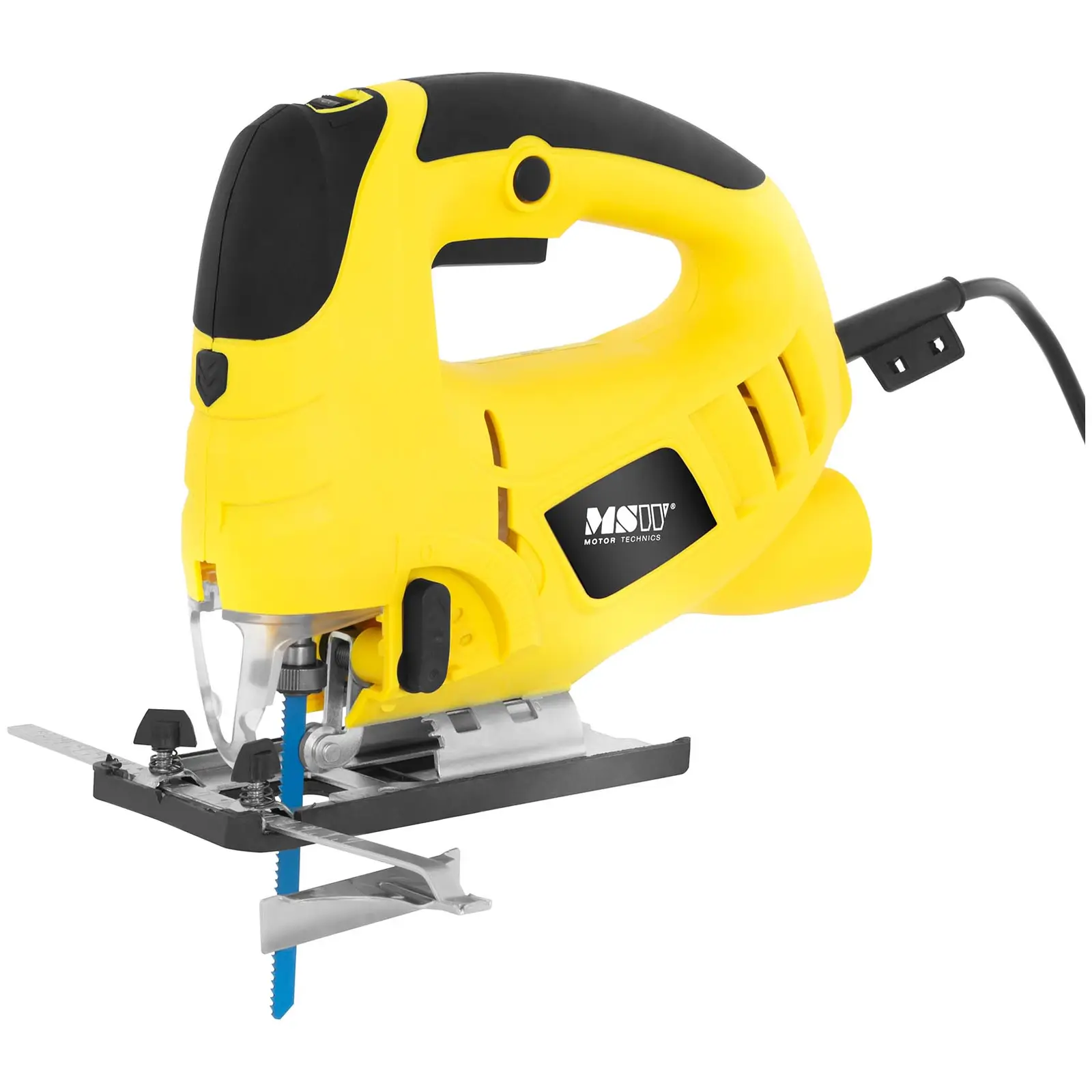





Share